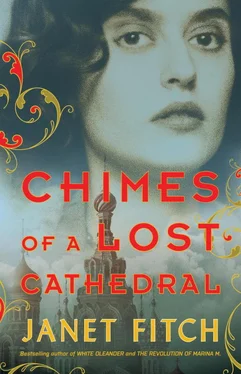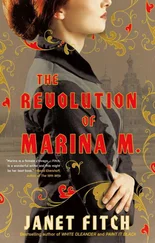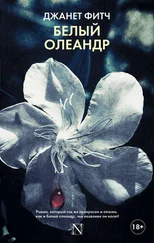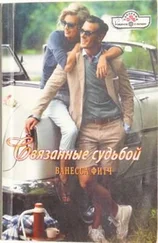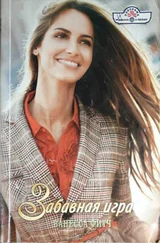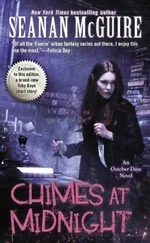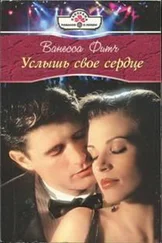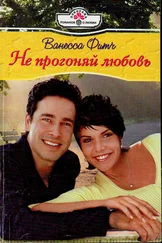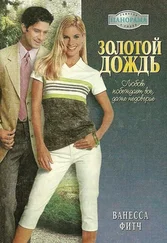I never knew Dostoyevsky had stopped here on his journey, that lonely road to Siberian mines and wastes. Levitan had painted it—the famous Vladimirka . It was a testament to his elegant taste that he had painted it empty. No prisoners in shackles, just an empty country road under a heavy sky, a distant church at its tragic vanishing point. Only the title intimated the suffering that road represented. Each posthouse on the long journey to the penal colonies in the east bore a number, each one day’s walk from the last. That road went through every Russian town, the road to exile and servitude.
And one of its Stations of the Cross was right here in Tikhvin, in a crumbling old wooden house on Moskovskaya Street.
Now moonlight glared in through the calico half-curtains, like the gaze of some goddess I’d somehow offended, determined to blow my ship farther and farther from my native shore, into this mundane exile. Dostoyevsky would understand me. Dostoyevsky, with his devils and desperate men. Raskolnikov too had turned at night like a chicken on a spit. Was I not a superfluous man? And whether he had become a monarchist and a reactionary or not, he spoke to our conflicted souls.
Across the gap between our little beds, Liza snored lightly—she had a slight cold. Gripping her old doll Ninochka tight, probably dreaming of the Warlord Dracula. Then in the morning, she’d throw Ninochka aside, ashamed to be caught clutching it. It made me smile—that odd age of shame. Perhaps I would have my child here in this very bed. Torn from my flesh, no Avdokia to rub my back, to pray, to tell me what to do. I could not stop thinking of those hospitals I’d visited, those ignorant nurses, no doctors at all.
All day, I could be brave, but sleepless in the silence of the house, I lost all courage. Kolya, think of me. I hoped my face haunted his nights. But I was sure he had forgotten me. He was no sentimentalist, only liked the flavor of love. Tried it on as he would try on a coat, and laugh at himself in the mirror.
The baby was hungry. Get me something! Bread, oil, there had to be something left unlocked.
I put my dress on, found the screwdriver the railwayman had lent me, and padded barefoot down the stairs, already guilty, slipping silently past the doors where men farted and snored, the air smelling of quiet grief and stale smoke, past Styopa’s little room as he dreamed of railway switches and fish.
On the first floor, I searched the dimness of the kitchen for something to swallow, quick, like a dog. A mouthful of bread—the baby was ravenous and would not be satisfied. Kolya’s greedy child. The cabinets were locked, the widow wouldn’t have been so careless not to lock up the larder. But it wasn’t hard to unscrew the hinges… Careful not to break the hasp, I lifted the small door away, slipped the bottle of oil out, and drank a hefty slug. Then another. Forced myself to rescrew the cabinet hinges. A perfect crime.
But I couldn’t force myself back to our little room at the top of the stairs—like a coffin. I sat at the men’s long table, my pale feet dirty, my ankles swollen like cudgels, my belly pressing high on my heart, which thumped like a woman beating a rug. I started to cry. For myself, for this lump of flesh, accidentally conceived. For this I’d given up my flame, this life. What of my grand destiny? What of my passion, my soul?
“Marina, what are you doing down here?” Korsakova in her nightdress and shawl, a candle in her hand. “Are you all right?”
I nodded, wiped my eyes, tried to look innocent, tried not to belch. Good-hearted Raisa Filipovna. How wretched of me to drink that oil. Would she notice? But no, she brought out a box of tea, lit the battered samovar, sat down at the scrubbed table. She looked like she’d slept no better than I had, her skin creased, her eyes grave. “I’ve been thinking, Marina. I’ve been thinking a lot, about the future. About the house, and Liza.”
“I can’t sleep either,” I said, the oil rumbling in my gullet. “As soon as I lie down, the baby starts jumping. I swear she’s going to be a dancer.”
Korsakova bit her lip. “Listen. Listen, Marina, and try not to take this the wrong way. But your coming here, it was a mistake.”
I blinked, trying to absorb what she was telling me. I’d grown stupid with my pregnancy. Panic clutched me. She knew I was stealing… oh God! “Was it something I did?” I tried. “I work hard, don’t I?”
She wouldn’t look at me, just wrapped her shawl tight around herself. “You’re a good worker. It’s not that.” Her softened jaw, the subtle lines around her lips seemed deeper now.
“What is it, then?” Please, God, I will never steal anything from her ever again, as long as I live!
“It’s impossible.” Now she looked up, and her eyes, so unlike her fun-loving daughter’s, like the sorrowing Virgin’s herself. “Try to understand. She’s such an impressionable girl, and she idolizes you. Ponimaesh? ”
Liza? Was she talking about Liza? I knew I had done nothing wrong there. I encouraged Liza to love books, to recite Pushkin and Lermontov. I made her do her homework. What was troubling about that? That she had become more outspoken? More defiant? Oh, damn politics! What was I supposed to do, creep around on my knees, perfectly silent with my eyes trained on the ground? “They’re revolutionary times…”
Raisa Filipovna’s dark eyes looked so mournful. She ran her long hand against the lip of the well-scrubbed table. “Really, I don’t believe you’re married. I don’t think you even know whose baby it is.”
I tried to keep my mouth from falling open. Children are everyone’s responsibility. How to even begin to defend myself. “I am married, I swear! And anyway, this is Soviet Russia—it shouldn’t even make any difference.”
She massaged her knuckles, her wedding ring was far too big. She hadn’t had to sell it yet, though she’d been widowed for years. “Carrying on with Stepan Radulovich right in front of everybody, that does make a difference. Even in Soviet Russia. I can’t have that again. I can’t have it.” Her ring, she was twisting her wedding ring. The thing I didn’t have.
I tried to concentrate but it was like listening to voices when you swam underwater. Perplexing sounds from another element.
“She admires you. I hear your voice in hers. ‘Marina says. Marina says marriage is outdated. Marina says children belong to everyone. Marina says, Marina says.’ And you, sneaking down the hall at all hours of the night. You think we don’t know? You think we can’t hear you?”
The shame of it rose within me. Had they all been listening to me and Styopa make love? The whole house? No, it couldn’t be. She would have fired me weeks ago.
“I’ll give you a week to find a new position,” she said firmly.
The heart of a kitten. I could see by those bruised, sleepless eyes, she didn’t like doing this. But she would. She was a reactionary. The world was changing, and in her rigid, mother’s mind, she wanted it to stop. She didn’t understand it, and she was going to do what she could to keep it still.
I sat at the table, my mind an empty steppe. The Vladimirka stretched before me. Exile. The last thing I’d imagined—the Cossack army descending! Unsheathed bayonets flashing red gold in the lowering sun. Losing my place? This awful place? This narrow bed, these rough hands? These sleepless nights? My back, kinked with work, hips that groaned with stiff complaint, my aching knees, kneeling on these very boards? Losing all this? I wanted to laugh. I wanted to scream, Take it, then! Who needs it? Your pots and floors and queues and rugs. Is it my fault Yulia was a slut? But I had no idea where I would go. I had no money, no friends. It was difficult enough to find a roof and a job to keep rations coming, but without friends… I thought of Styopa, up there snoring away. How would he like this kitten now?
Читать дальше
